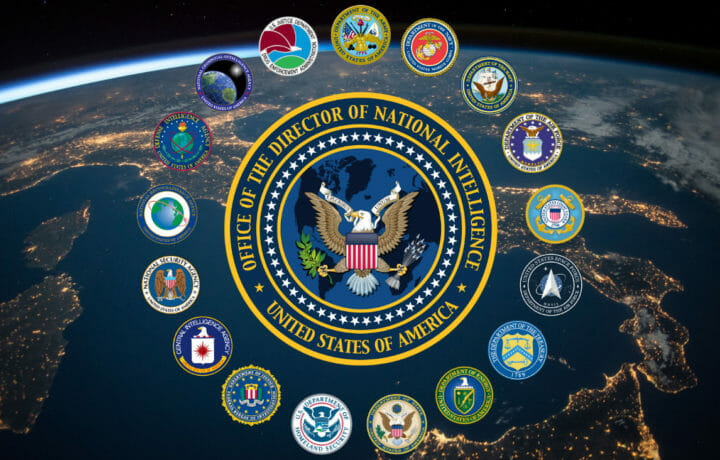When it comes to applying for a security clearance, it sometimes seems like there are two different processes – the 95% of people looking to obtain a security clearance through the Department of Defense as service members, civilians, or contractors – and the less than 5% of the cleared population looking to obtain a security clearance through the intelligence community. ClearanceJobs and security clearance attorney Sean Bigley recently discussed the differences in applying for a security clearance with the three letter agencies, including what the polygraph means for the application process, and how intel clearance applicants are more likely to get questions about topics like sexual behavior.
“The adjudicative guidelines are the same, but what people encounter when applying is vastly different,” said Bigley.
The fact that the majority of security clearances are issued by the Department of Defense – but many of the questions come from intelligence community applicants – can generate questions. When talking about common clearance issues, it’s worth noting that intel clearances often make up the exception, rather than the rule.
“We can’t always talk about every single exception,” said Bigley. He added, “When it comes to the IC they often march to the beat of their own drummer.”
Key Distinctions in the Intel Clearance Process
Reportable Foreign Contacts
“There are some real distinctions and one of the biggest one actually is the difference in what constitutes a reportable foreign contact,” said Bigley.
For the average DoD clearance holder, the government really isn’t interested or doesn’t need to know every foreign national you meet at a BBQ or sit next to on an airplane. But that reporting guidance can often be very different for the intel community, where the stakes are higher and the targets more sensitive.
Whether it’s foreign contacts or another topic, it’s always worth noting that specific agency requirements and policies apply – and clearance holders need to know them and follow them.
“If your agency gives you specific direction…you’ve got to follow it,” said Bigley.
The Polygraph
When it comes to the intel community clearance process, one of the biggest differentiators is the much, much more frequent need for a polygraph. That makes for a lengthier clearance process, and more likelihood of uncovering issues that wouldn’t otherwise arise.
“The IC clearance process tends to ferret out more issues than the traditional clearance process,” said Bigley. “That’s not to say that this issues aren’t present in the larger applicant pool, it’s just that they’re not found.
You can primarily chalk that up to the polygraph – considered ‘junk science’ by the Department of Justice and court system. But it’s not the science the government is interested in, it’s the psychology.
“It’s a very effective fear tool. It gets people to divulge information that they wouldn’t generally divulge,” said Bigley.
While the adjudicative guidelines are the same and one would assume that issues uncovered in the intel community would have the same outcome as other agencies, that’s not necessarily the case. One example Bigley gives is illegal downloading or pirating of software. While the average clearance applicant might not even see that issue come up or generate much interest, it’s a fairly common one arising for the National Security Agency (NSA), where applicants with tech skills are more likely to report illegal downloads, and may see those issues result in clearance denial.
Sexual Behavior
Like illegal downloads, sexual behavior, while an adjudicative guideline, is incredibly unlikely to become a topic of discussion or question during the typical security clearance background investigations process. That’s why some intel community applicants may be surprised to encounter questions about their sexual behavior as a part of the investigation process.
“There is a questionnaire that applicants are required to fill out at certain government agencies that asks very probing questions about sexual history,” said Bigley.
Knowledge is power, and the best thing applicants can do is be aware that when it comes to obtaining a security clearance with a three-letter agency, one should expect a lengthier, more intense, and more subjective (based on individual agency suitability requirements) hiring process.
This article is intended as general information only and should not be construed as legal advice. Although the information is believed to be accurate as of the publication date, no guarantee or warranty is offered or implied. Laws and government policies are subject to change, and the information provided herein may not provide a complete or current analysis of the topic or other pertinent considerations. Consult an attorney regarding your specific situation.




